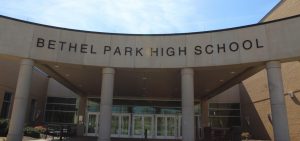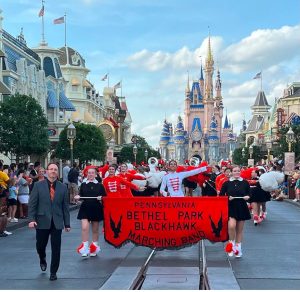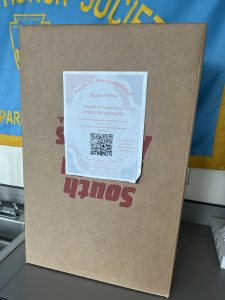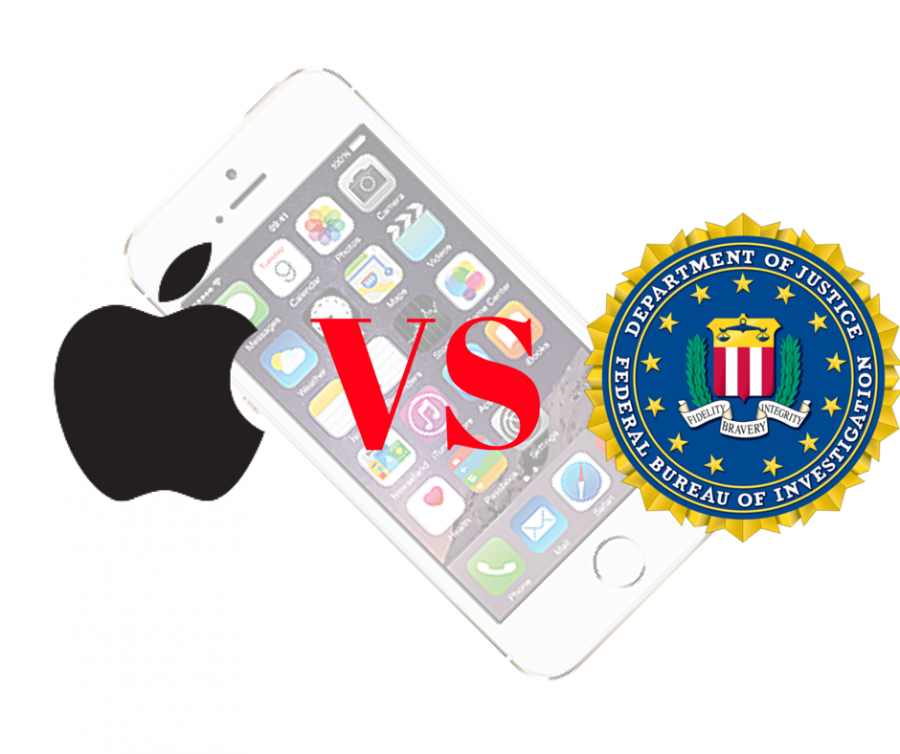Apple vs the FBI: Everything you need to know
Everything you need to know about Apple’s legal battle with The FBI. What it is, what is happening, and why it matters.
For the past few months, tech giant Apple and the FBI have been locked in a legal showdown after the FBI requested Apple unlock an iPhone for FBI investigators.
Watch the video to the right to get a basic overview of what has transpired between Apple and the FBI.
The iPhone, which was used by one of the gunmen in the San Bernardino terrorist attack, contains information the FBI believes will be beneficial to its investigation of the attack.
Apple is resisting the FBI’s demands based on concerns that complying now sets a very dangerous precedent for other technology companies. If Apple weakens its encryption standards for this iPhone, the government could demand Apple or other companies do the same thing in the future.
Apple’s legal stance says that forcing Apple software engineers to write code is a violation of First Amendment rights because code is a form of expression.
The legal stance being taken by the FBI calls upon the “All Writs Act” which states “The Supreme Court and all courts established by Act of Congress may issue all writs necessary or appropriate in aid of their respective jurisdictions and agreeable to the usages and principles of law.”
This means the court may take any action necessary to enforce its decisions. An exception to this law applies to technology forms under the Communications Assistance for Law Enforcement Act of 1992 which establishes the circumstances under which a technology company must comply with government requests to undermine security.
This case will be argued in court on March 22, and the outcome of that case will determine whether or not the FBI can demand this action from Apple.
A similar case to this began when the email provider Lavabit was called on by the FBI to reveal encrypted information linked to the account of whistle-blower Edward Snowden. Lavabit refused to comply with the court order demanding they release information and the government leveled steep daily fines against Lavabit. Instead of cracking under this pressure, Lavabit founder Ladar Levison chose instead to shutdown the company entirely.
Apple may take similar action if the court rules in favor of the FBI. Many Apple software engineers have stated that even if the court rules in favor of the FBI, they will not comply with the court order. Instead they either take an extended leave of absence from Apple, or leave their job and seek employment elsewhere. Many other silicon valley tech giants have expressed great respect for this course of action and several have said that any engineer who leaves his job to defend the integrity of code security is welcome at their company.
Speaking on this topic, Apple’s lawyers wrote in the company’s final brief to the Federal District Court for the Central District of California, “Such conscription is fundamentally offensive to Apple’s core principles and would pose a severe threat to the autonomy of Apple and its engineers.”
The employees’ concerns also provide insight into a culture that still views the world the world through the same anti-establishment prism of its co-founders Steven P. Jobs and Steve Wozniak.
“It’s an independent culture and a rebellious one,” said Jean-Louis Gassée, a venture capitalist who was once an engineering manager at Apple. “If the government tries to compel testimony or action from these engineers, good luck with that.”
Many major players in the tech world have supported the stance taken by the engineers. Marc Rotenberg, executive director of the Electronic Privacy Information Center said, “In the hierarchy of civil disobedience, a computer scientist asked to place users at risk has the strongest claim that professional obligations prevent compliance. This is like asking a doctor to administer a lethal drug.”
On Wednesday, Google CEO Sundar Pichai tweeted his support for both Apple and its engineers. In addition, a coalition has been formed among several tech giants, including AOL, Apple, Dropbox, Evernote, Facebook, Google, LinkedIn, Microsoft, Twitter and Yahoo, formed under the name “Reformers Against Government Surveillance.” This group released a statement in support of Apple and any and all engineers who are forced into a similar situation.
If Apple is forced to provided the code which would allow the FBI access to the iPhone, this same code could be used by the FBI at anytime in the future to access any iPhone, not just the iPhone subject in this case.
Apple’s letter to their customers regarding this case can be found here.
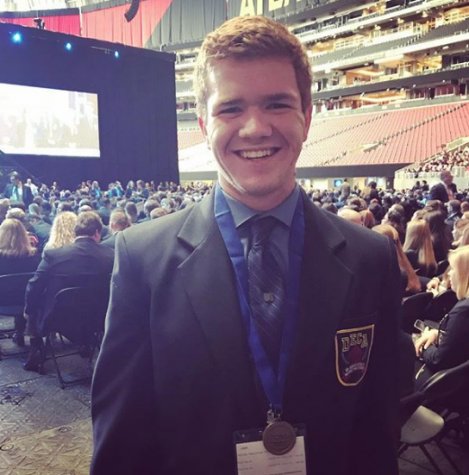
BPHS senior Greydon Tomkowitz is the current Editor-In-Chief of Hawk Eye, a position he has served in for three years.
Greydon joined the newspaper...
